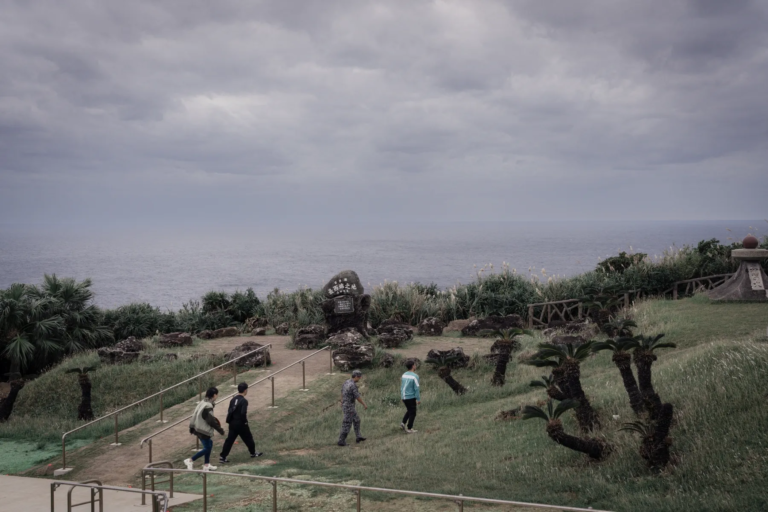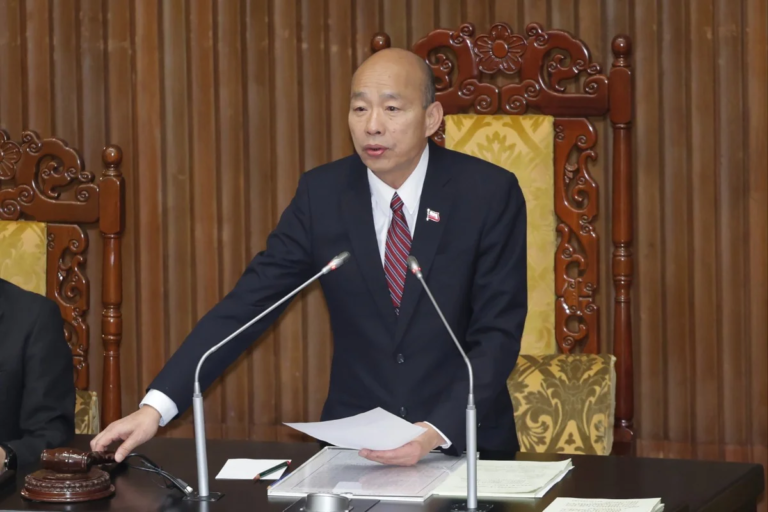
The USNS John Lewis (T-AO 205), the first ship in the Navy’s new class of fleet replenishment oilers, has successfully completed its first operational underway replenishment (UNREP) mission. This historic milestone marks the beginning of the ship’s service in providing critical logistical support to the fleet, ensuring sustained operations at sea.
Designed to replace the aging Kaiser-class oilers, the John Lewis-class ships are built to deliver fuel, dry cargo, and other supplies to Navy ships underway, enabling extended missions without the need to return to port. The USNS John Lewis demonstrated its capabilities during this initial tasking, meeting the Navy’s operational and logistical needs with efficiency and precision.
Fleet replenishment oilers like the USNS John Lewis play a vital role in maintaining the Navy’s global presence, ensuring combat readiness, and supporting forward-deployed forces. Named after the late civil rights leader and Congressman John Lewis, the ship embodies a legacy of service and dedication to the nation.
The successful completion of this first UNREP mission highlights the readiness of the John Lewis-class to support naval operations, as the Navy continues to modernize its fleet to meet the challenges of the 21st century. With additional ships of this class under construction, the Navy is poised to enhance its ability to sustain operations and project power across the globe.
Christened at the General Dynamics NASSCO shipyard in San Diego, Calif., in 2021, Lewis has been operating in the Military Sealift Command Pacific (MSCPAC) area of operations as an MSC tasked ship. Lewis was officially introduced to Third Fleet as a trained and certified ship on March 10, 2025, with Saturday’s UNREP, the first fleet tasking, as the ship becomes fleet operational. Certified “Ready for Tasking”, Lewis will depart on its first deployment later this year.
“Providing logistics services to the Navy is the bedrock mission of MSC,” said Nikki Phelps, MSCPAC’s deputy operations officer. “Having USNS John Lewis certified for tasking, providing support to Third Fleet, gives the United States another asset to provide logistics services in a timely, safe and professional manner that MSC is known for throughout the Navy and throughout the world. This is a very positive step in the life of this ship and its fellow ships in the class.”
The 746 foot Lewis is the first ship of the John Lewis-class previously known as the TAO(X). This class of oilers has the ability to carry 162,000 barrels of diesel ship fuel, aviation fuel and dry stores cargo. The upgraded oiler is built with double hulls to protect against oil spills and strengthened cargo and ballast tanks. The Lewis-class oilers will replace the current Kaiser Class fleet replenishment oilers as they age out of the MSC fleet.
MSC directs and supports operations for approximately 140 civilian-crewed ships that replenish U.S. Navy ships at sea, conduct specialized missions, preposition combat cargo at sea around the world, perform a variety of support services, and move military equipment and supplies to deployed U.S. forces. MSC exists to support the joint warfighter across the full spectrum of military operations, with a workforce that includes approximately 6,000 Civil Service Mariners and 1,100 contract mariners, supported by 1,500 shore staff and 1,400 active duty and reserve military personnel.





